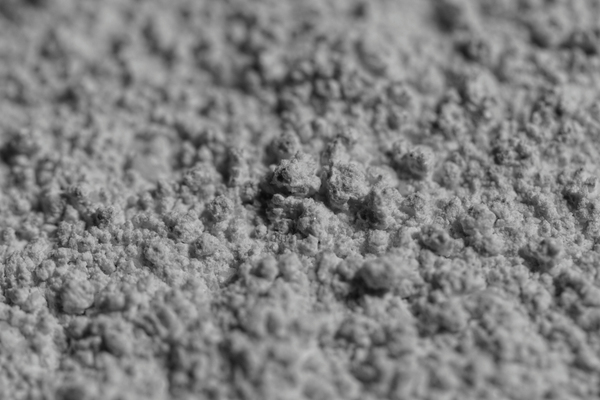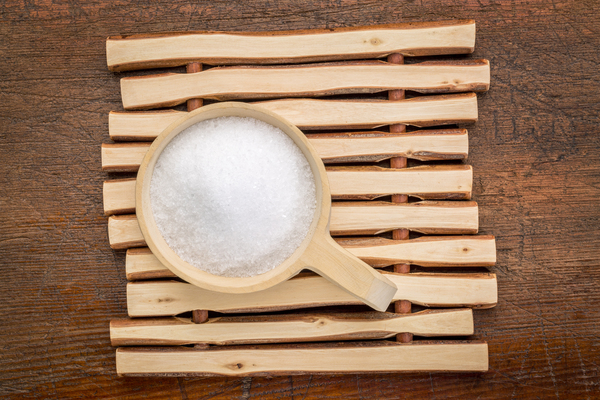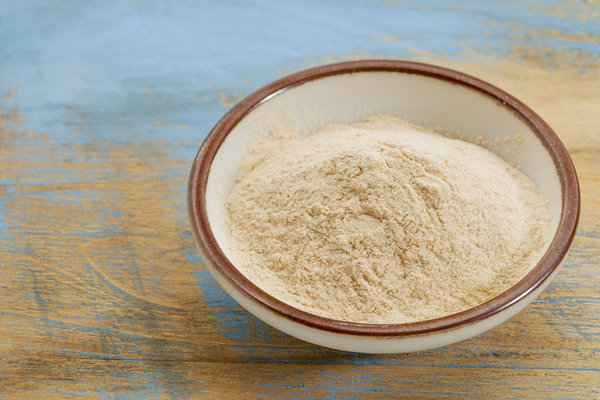Fluorine

Fluoride is often recommended for humans to prevent tooth decay, as it increases the hardness of tooth enamel and inhibits the formation of plaque. But what about dogs? Do they also need fluoride for their teeth? And is there a risk of overdosing?
Benefits of fluoride for dogs
As with humans, an adequate intake of fluoride can also have a positive effect on dental health in dogs. Fluoride can help protect teeth from decay and periodontal disease by strengthening tooth enamel and reducing plaque formation.
Fluoride also plays a role in bone formation and metabolism. It can increase bone strength and reduce the risk of osteoporosis (bone loss).
Disadvantages of fluoride for dogs
Although fluoride is beneficial in small amounts, it can cause health problems if overdosed. In a dog with chronic stomach problems, an excess of fluoride would be noticeable. In young dogs, excess fluoride can lead to weak bones or impaired bone growth.
In addition, too much fluoride intake can lead to discoloration and damage to the teeth. Teeth can become brittle or stained.
How much fluoride does a dog need?
There is no precise information on how much fluoride a dog needs every day. The amount depends on various factors such as the dog's age, weight or diet.
However, as a general rule, a healthy dog normally ingests enough fluoride through its food and drinking water. Additional administration of fluoride-containing preparations or toothpaste is therefore not necessary and can even be harmful.
To avoid an overdose, care should be taken to ensure that the dog food does not contain more than 0.5 mg/kg dry matter fluoride2. Tap water should also not contain more than 1 mg/l fluorine.
Fluorine is an important trace element for healthy bones and teeth in dogs. However, care must be taken to ensure that the dog does not receive too much fluoride, as this can lead to side effects.
A balanced diet with high-quality dog food and fresh water is normally sufficient to cover the fluoride requirement. An additional dose of fluoride-containing products is usually unnecessary and should only be given after consultation with the vet.
If you notice any signs of hypersensitivity or poisoning in your dog, you should see your vet immediately. We are not a substitute for a vet, but we try to be as accurate as possible. Every dog reacts differently and we recommend you get a second opinion or consult your vet if in doubt.
Stay healthy and take good care of your four-legged friend!😊
Similar to Fluorine
Calcium is a chemical element that occurs naturally and is found in many foods. Calcium is primarily responsible for building and maintaining bones and teeth, but it also has other important...
The optimum magnesium intake for dogs depends on various factors, such as your dog's age, weight, activity level and state of health. It is therefore difficult to give a general recommendation....
Phosphorus and calcium interact closely with each other. Too high or too low an intake of one of the two minerals can disturb the balance and lead to health problems. Too much phosphorus can...
Your dog's potassium requirement depends on various factors, such as its age, size, health and activity level. A general recommendation is that an adult dog needs about 1 to 2 milligrams of...



